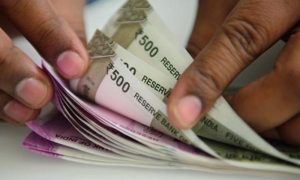Atal Pension Yojana: The government is running several schemes to safeguard the future of the citizens. One of these is the Atal Pension Yojana, which offers investors financial and social security. A monthly pension of Rs 5000 is available under this scheme. Anyone between the ages of 18 and 40 is eligible to benefit from this initiative.
Atal Pension Yojana is a risk-free scheme to which the government also contributes. PFRDA runs the Atal Pension Yojana. This programme was primarily designed for the nation’s unorganised sector and its primary goal is to safeguard individuals from disease and accidents.
Read More: Top 5 investment options to secure the future of your children
Who qualifies for the Atal Pension Yojana?
Taxpayers will no longer be allowed to invest in this government pension plan as of October 1, 2022. In addition, any Indian citizen between the ages of 18 and 40 may now apply. However, you need to have a savings bank account or a post office account to benefit from this scheme.
How to profit from this scheme:
You can open an account under this scheme at any bank branch or post office to benefit from the Atal Pension Yojana. On the other hand, there are several steps you must take to apply for this scheme online. To apply for PRAN, which is NPS registration, one must first fill out the Atal Pension Yojana form. You can then get in touch with the bank or post office.
Read More: Pension scheme for married couple! Get Rs 72,000 yearly pension by investing just Rs 200 per month
How to receive the 5000 rupee pension:
If you sign up for the programme, you must make monthly, quarterly, and semi-annual contributions. This plan gives pension payments ranging from 1,000 to 5,000 rupees. If, for example, a person enrols in the Atal Pension Yojana at the age of 18 and contributes Rs 210 a month, or Rs 7 per day, he will receive Rs 5000 each month once he retires. Likewise, Rs. 626 must be invested for the quarter and Rs. 1239 for the half-year.



































